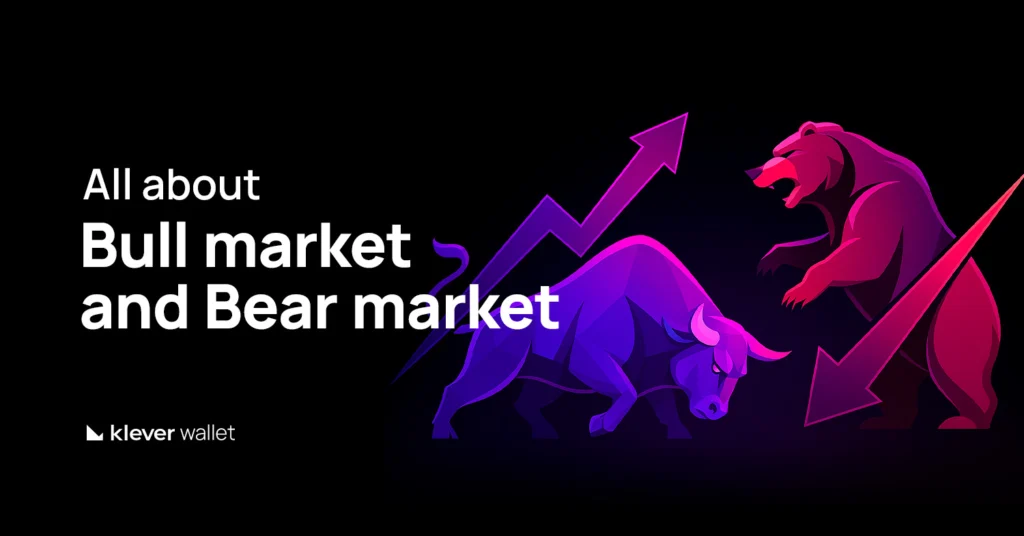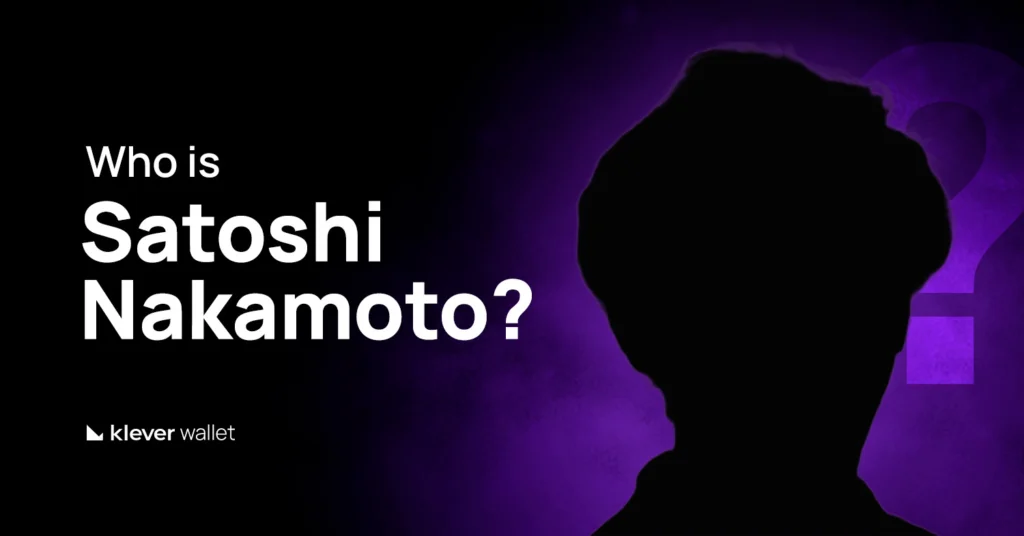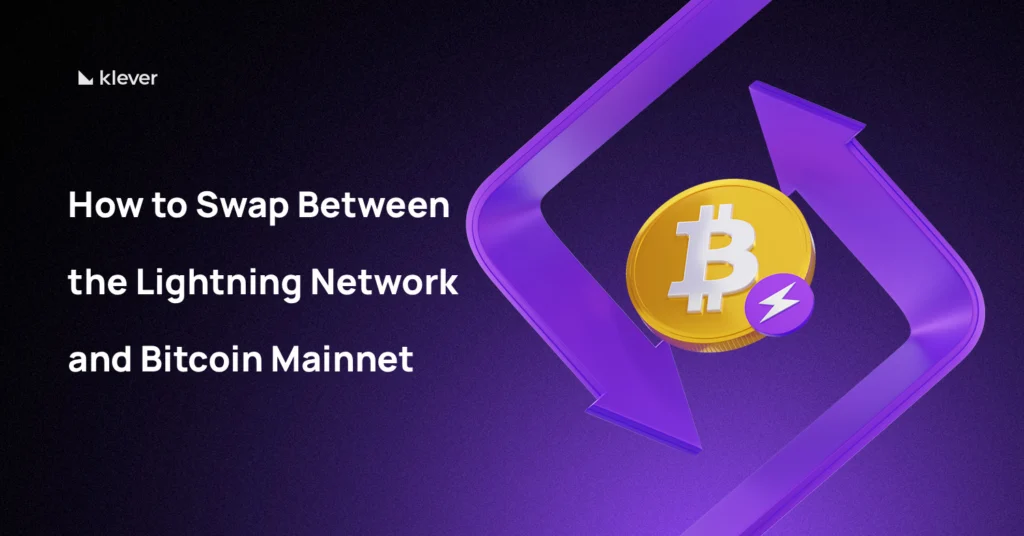
Recently, the financial world reached a major milestone: the U.S. Securities and Exchange Commission (SEC) approved 11 spot Bitcoin ETFs. This decision marks a new chapter in Bitcoin’s mainstream adoption, offering traditional market participants an easier way to access Bitcoin price exposure—without needing to manage crypto directly.
This move isn’t just about convenience—it’s a powerful sign of how far Bitcoin has come in being recognized as a legitimate part of global finance.
The Road to Bitcoin ETF Approval
The path to ETF approval has been long and challenging. For years, applications for Bitcoin ETFs faced regulatory pushback, primarily due to concerns about market volatility and security. Despite these delays, persistence from financial firms and growing global interest in Bitcoin led to a breakthrough.
Bitcoin ETFs are now available on major U.S. exchanges like NYSE and NASDAQ, giving more people access to Bitcoin’s price performance through a familiar market format.
The 11 Approved Bitcoin ETFs
Here’s a quick look at the newly approved ETFs now available in the U.S.:
- ARK 21Shares Bitcoin ETF (ARKB) – A collaboration between ARK Invest and 21Shares.
- Bitwise Bitcoin ETF (BITB) – Managed by Bitwise Asset Management.
- BlackRock iShares Bitcoin Trust (IBIT) – From the world’s largest asset manager.
- Franklin Bitcoin ETF (EZBC) – Introduced by Franklin Templeton.
- Fidelity Wise Origin Bitcoin Trust (FBTC) – Backed by Fidelity’s global presence.
- Grayscale Bitcoin Trust (GBTC) – Transitioned from a trust to an ETF.
- Hashdex Bitcoin ETF (DEFI) – Focused on decentralized finance exposure.
- Invesco Galaxy Bitcoin ETF (BTCO) – A partnership with Galaxy Digital.
- VanEck Bitcoin Trust (HODL) – Known for early involvement in crypto ETFs.
- Valkyrie Bitcoin Fund (BRRR) – One of the first to push for ETF approval.
- WisdomTree Bitcoin Fund (BTCW) – Brings ETF experience into crypto.
The Relation Between Bitcoin ETFs and the Crypto Market
For the crypto world, the approval of Bitcoin ETFs is a turning point. It represents the formal entry of Bitcoin into regulated financial markets, allowing a wider range of participants—especially those using traditional platforms—to engage with Bitcoin’s price movements.
Greater Visibility and Accessibility
Bitcoin ETFs are now listed on major stock exchanges like NYSE and NASDAQ, platforms familiar to many. This visibility can drive mainstream interest in Bitcoin, lowering the barrier to entry for individuals who may have been hesitant to engage with cryptocurrency due to perceived complexity or security concerns.
Boost to Market Liquidity
Increased participation from financial institutions and traditional market players enhances liquidity—the ease with which Bitcoin can be bought or sold without major price swings. Higher liquidity stabilizes the market, making it more efficient and resilient during periods of high activity or volatility.
Ripple Effects on the Broader Crypto Market
While Bitcoin is the immediate focus, the entire crypto ecosystem stands to benefit. Here’s how:
- Increased Interest in Altcoins: As Bitcoin gains legitimacy, investors often explore other digital assets, such as Ethereum, Solana, and Layer 2 solutions.
- Growth of Crypto Infrastructure: Platforms offering secure wallets, swaps, staking, and decentralized finance (DeFi) services—like Klever Wallet—see increased user engagement as more people enter the space.
- Positive Regulatory Momentum: Bitcoin ETF approval signals that regulators are open to approving other crypto-related financial products, such as Ethereum ETFs, driving broader acceptance of digital assets.
Encouraging Education and Adoption
The availability of Bitcoin ETFs encourages more education and awareness about crypto technology, leading to more informed users. As people understand Bitcoin through ETFs, they may choose to explore owning actual BTC, using it in decentralized applications, or participating in blockchain innovation.
Understanding Bitcoin ETFs
A Bitcoin ETF tracks the price of Bitcoin, allowing users to gain exposure to price movements through shares—without having to manage a crypto wallet or handle private keys. However, owning a Bitcoin ETF is not the same as owning Bitcoin directly.
For those who want to use Bitcoin in decentralized applications, explore altcoins like KLV or SOL, or store assets securely in a private wallet, owning real Bitcoin remains essential.
Using Klever Wallet for Bitcoin
For those interested in holding actual Bitcoin, Klever Wallet offers a secure and user-friendly way to manage your crypto.
With Klever Wallet, you can:
- Buy and store Bitcoin safely
- Swap Bitcoin for other cryptocurrencies
- Send and receive Bitcoin quickly
- Manage 10,000+ digital assets in one place
Need a Browser Solution? Try Klever Extension
Prefer managing your crypto on your desktop or laptop? The Klever Extension is designed for those who want full control from their browser. It integrates seamlessly with the Klever ecosystem, giving you access to powerful tools for managing your Bitcoin and other crypto assets.
Advanced Security: KleverSafe Hardware Wallet
For those looking for offline security, KleverSafe is a hardware wallet built for peace of mind. Store Bitcoin and over 10,000 tokens offline, away from internet risks. KleverSafe gives you full control and maximum protection, ideal for users who prioritize security.
Final Thoughts
The approval of Bitcoin ETFs signals a shift toward greater acceptance and integration of crypto into everyday finance. Whether through ETFs or direct ownership, more people now have more options to access Bitcoin.
Whatever your choice, security is key. Klever helps make crypto easy, safe, and accessible—so you can focus on exploring the digital future with confidence.
Klever – Crypto Made Simple




